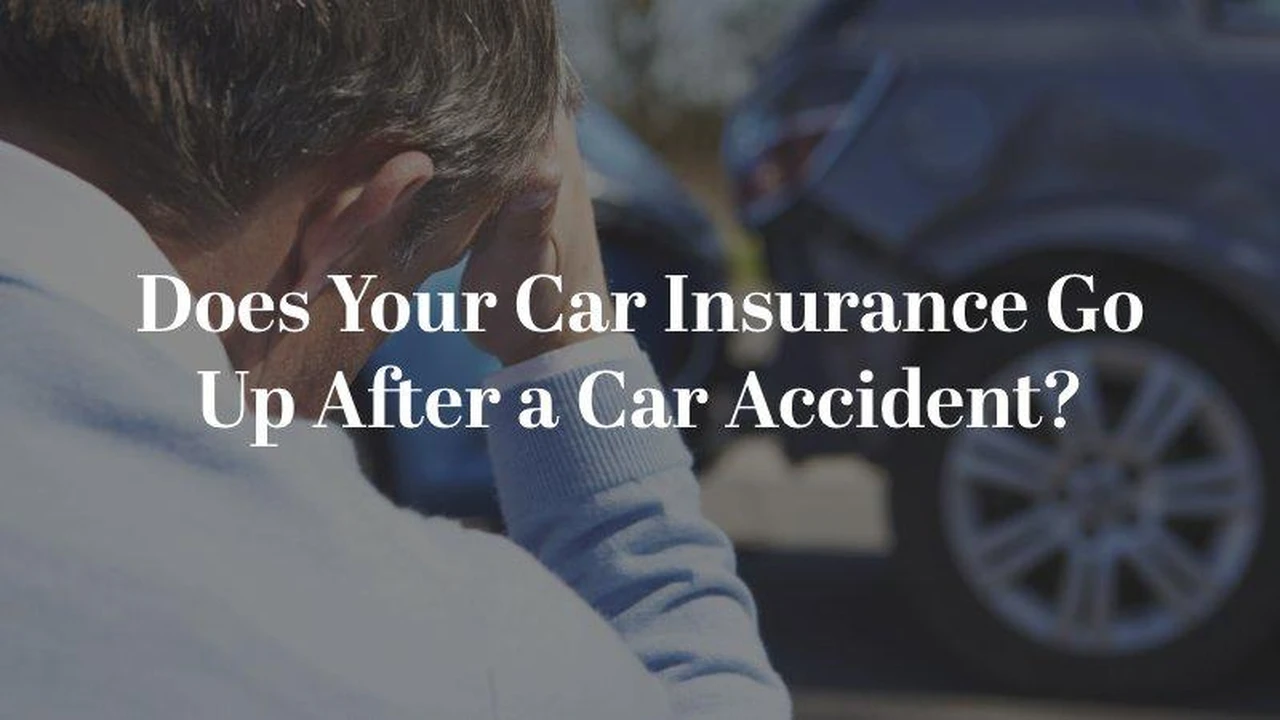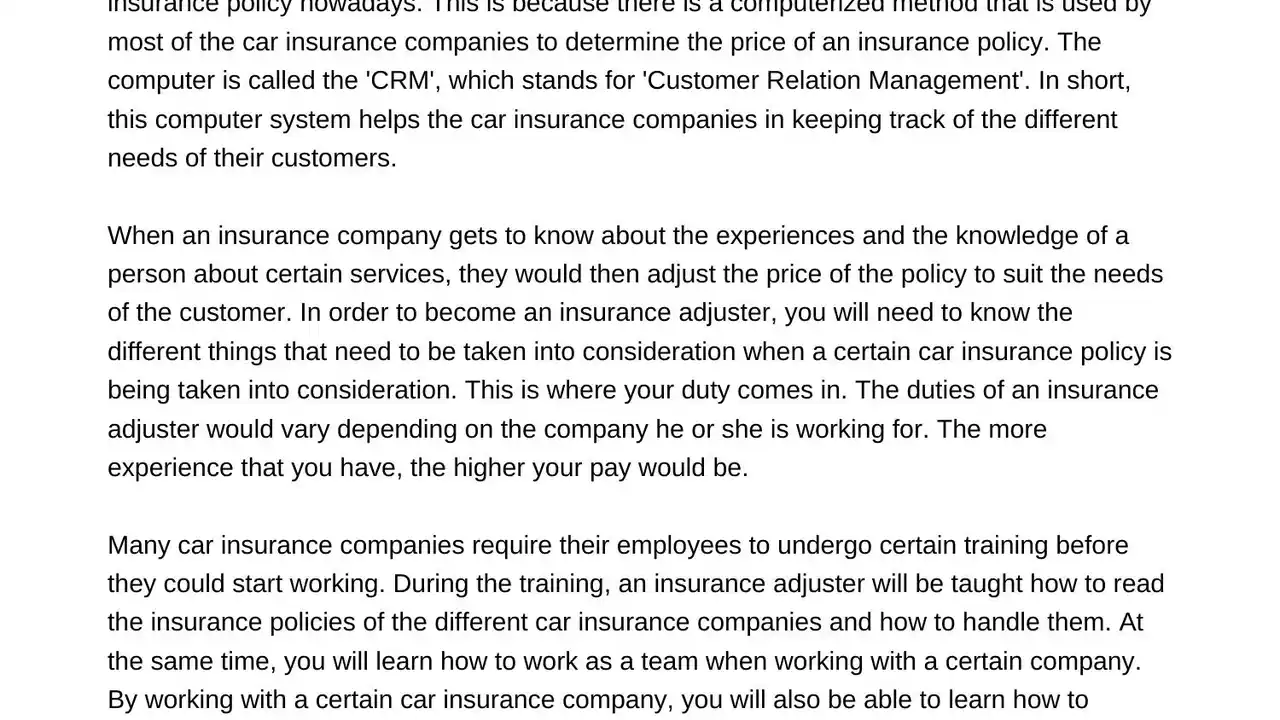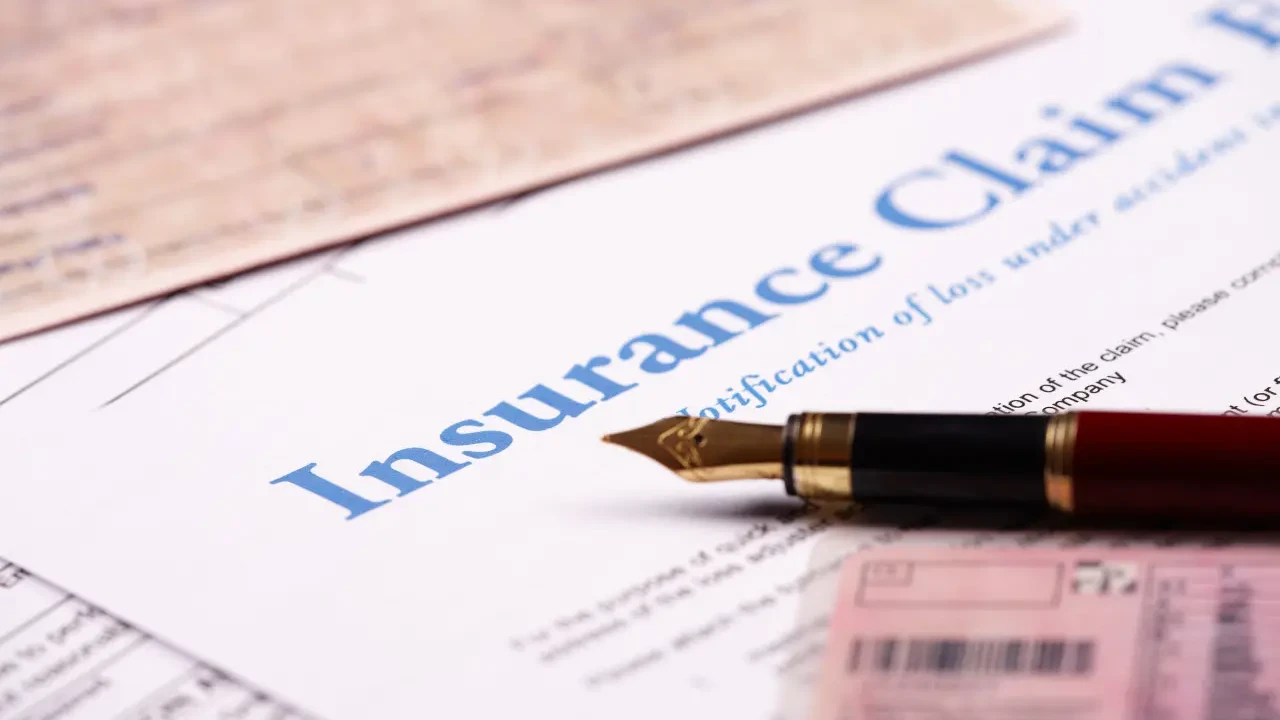Financial Stability: Choosing a Reliable Car Insurer

Understanding the Importance of Financial Stability in Car Insurance Companies
Hey there, future policyholder! Let's face it, car insurance isn't the most thrilling topic. But hey, accidents happen, right? And when they do, you want to know your insurer can actually pay your claim. That's where financial stability comes in. It's not just about finding the cheapest premium; it's about finding a company that's going to be around when you need them most. Think of it like this: you wouldn't invest your life savings in a company on the verge of bankruptcy, would you? Same principle applies here. A financially stable insurer is more likely to honor claims promptly and efficiently, avoiding unnecessary headaches and delays. They’ve got the resources to handle even big disasters, like a hailstorm that dents every car in your neighborhood (trust me, it happens!). Plus, they're less likely to suddenly jack up your rates or go out of business altogether, leaving you scrambling for coverage.
Key Indicators of a Car Insurer's Financial Health
So, how do you actually tell if an insurance company is financially sound? Don't worry, you don't need to be a Wall Street guru. There are a few key indicators you can look at. First and foremost, check out their credit ratings. Companies like A.M. Best, Standard & Poor's, and Moody's Investor Service all rate insurance companies based on their financial strength. Look for ratings of A- or higher from A.M. Best, or equivalent ratings from the other agencies. These ratings indicate a strong ability to meet ongoing obligations. Also, investigate their claims payment history. Are they known for paying claims quickly and fairly, or are they notorious for dragging their feet and denying legitimate claims? You can often find this information through online reviews, consumer complaints filed with state insurance departments, and reports from organizations like the Better Business Bureau. Another useful metric is the company's financial statements. Insurance companies are required to file regular financial reports with state regulators. While these reports can be complex, they provide a detailed look at the company's assets, liabilities, and profitability. Look for companies with a strong balance sheet, consistent profitability, and a low debt-to-equity ratio. Finally, consider the company's size and market share. Larger, more established companies often have greater financial resources and a more diversified risk portfolio, making them better able to weather economic downturns and large-scale disasters. However, don't automatically dismiss smaller, regional insurers. Some of these companies may be highly financially stable and offer excellent customer service.
Navigating Car Insurance Ratings Agencies: A.M. Best, S&P, and Moody's
Alright, let’s dive a bit deeper into those rating agencies I mentioned. Think of them as the Consumer Reports of the insurance world. A.M. Best is probably the most well-known agency specifically focused on the insurance industry. They've been around since 1899, so they know their stuff. They use letter grades, with A++ being the highest and F being the lowest. Aim for A- or higher. Standard & Poor's (S&P) is another major player. They use a similar letter-grade system, but their scale is a bit different. Look for a rating of A- or higher from S&P. Moody's Investor Service is the third big one. They also use letter grades, but they include numerical modifiers (1, 2, and 3) to further refine their ratings. Look for a rating of A3 or higher from Moody's. Remember, these ratings are just one piece of the puzzle. Don't rely solely on them when making your decision. Use them as a starting point and then do your own research to get a more complete picture of the insurer's financial health.
Real-World Examples: Car Insurance Companies and Their Financial Ratings
Okay, let's get down to brass tacks. Here are a few examples of well-known car insurance companies and their recent financial ratings (note: ratings can change, so always double-check before making a decision):
- State Farm: Typically rated A++ by A.M. Best. This signifies superior financial strength and an exceptional ability to meet ongoing obligations.
- GEICO: Usually rated A++ by A.M. Best. Similar to State Farm, this indicates a very strong financial foundation.
- Progressive: Generally rated A+ by A.M. Best. Still a very solid rating, indicating excellent financial strength.
- Allstate: Typically rated A+ by A.M. Best. Another insurer with a strong financial profile.
These are just a few examples, and many other reputable companies have equally strong ratings. The key is to do your homework and compare ratings from multiple agencies.
The Impact of Economic Downturns on Car Insurance Companies
Let's be real: the economy goes up and down. And when it goes down, it can affect everyone, including insurance companies. During an economic downturn, insurers may face increased claims due to factors like job losses (leading to more uninsured drivers and accidents) and increased fraud. They may also see a decline in investment income, which can put pressure on their financial stability. That's why it's even more important to choose a financially stable insurer during times of economic uncertainty. These companies are better equipped to weather the storm and continue paying claims, even when things get tough. They've got the reserves to cover losses and the experience to manage risk effectively. So, don't skimp on your research, especially when the economy is shaky.
Comparing Car Insurance Products from Financially Stable Insurers
Now that we've established the importance of financial stability, let's talk about specific car insurance products. Many financially stable insurers offer a range of coverage options, including:
- Liability coverage: This is the most basic type of coverage, and it's required by law in most states. It covers damages you cause to others in an accident, including bodily injury and property damage.
- Collision coverage: This covers damage to your own vehicle, regardless of who's at fault.
- Comprehensive coverage: This covers damage to your vehicle from other causes, such as theft, vandalism, fire, and natural disasters.
- Uninsured/underinsured motorist coverage: This protects you if you're hit by a driver who doesn't have insurance or doesn't have enough insurance to cover your damages.
- Personal injury protection (PIP): This covers your medical expenses and lost wages, regardless of who's at fault.
Here's a quick comparison of some popular products from financially stable insurers:
State Farm: Drive Safe & Save
Description: A usage-based insurance program that tracks your driving habits using a mobile app. Safe drivers can earn significant discounts.
Pros: Potential for substantial savings, encourages safe driving habits.
Cons: Requires constant monitoring of your driving, may not be suitable for everyone.
Usage Scenario: Ideal for drivers who drive fewer miles and consistently practice safe driving habits.
Estimated Price: Varies based on driving habits, but discounts can range from 5% to 50%.
GEICO: DriveEasy
Description: Similar to State Farm's program, DriveEasy uses a mobile app to track driving behavior and reward safe drivers with discounts.
Pros: Easy to use app, potential for significant savings, provides feedback on driving habits.
Cons: Requires consistent phone usage, discounts may not be available in all states.
Usage Scenario: Perfect for drivers who are comfortable with technology and want to save money by improving their driving.
Estimated Price: Discounts vary depending on driving behavior, but can be substantial.
Progressive: Snapshot
Description: Another usage-based insurance program that tracks driving habits, offering discounts for safe driving.
Pros: Can be used with a mobile app or a plug-in device, offers personalized feedback on driving habits.
Cons: Aggressive braking and rapid acceleration can negatively impact your rate, not available in all areas.
Usage Scenario: Suitable for drivers who are confident in their driving skills and are willing to share their driving data.
Estimated Price: Discounts can vary widely, but can result in significant savings for safe drivers.
Allstate: Drivewise
Description: Drivewise monitors your driving habits through a mobile app and rewards safe driving with discounts and rewards.
Pros: Easy to use, offers rewards points that can be redeemed for merchandise or gift cards, provides helpful driving insights.
Cons: Requires constant app usage, may not be suitable for drivers who value their privacy.
Usage Scenario: Ideal for drivers who want to save money and earn rewards by improving their driving habits.
Estimated Price: Discounts and rewards vary based on driving performance.
Understanding Deductibles, Premiums, and Coverage Limits
When shopping for car insurance, it's crucial to understand the relationship between deductibles, premiums, and coverage limits. Your deductible is the amount you pay out-of-pocket before your insurance coverage kicks in. A higher deductible typically means a lower premium, but it also means you'll have to pay more if you have an accident. Your premium is the amount you pay each month (or year) for your insurance coverage. Your coverage limits are the maximum amount your insurance company will pay for a covered claim. Choosing the right balance between these three factors depends on your individual circumstances and risk tolerance. If you're a risk-averse driver with a low tolerance for financial risk, you might prefer a lower deductible and higher coverage limits, even if it means paying a higher premium. On the other hand, if you're a confident driver with a higher risk tolerance, you might be comfortable with a higher deductible and lower coverage limits to save money on your premium. It's also important to consider your budget and your ability to pay your deductible if you have an accident. Don't choose a deductible that you can't afford to pay.
The Role of Independent Agents in Finding Financially Stable Car Insurance
Feeling overwhelmed? Don't worry, you're not alone. Navigating the world of car insurance can be complex and time-consuming. That's where independent insurance agents come in. These agents work with multiple insurance companies, so they can shop around and find the best coverage at the best price for your specific needs. They can also provide expert advice and guidance, helping you understand the different coverage options and choose the right policy for your budget and risk tolerance. Best of all, they can help you identify financially stable insurers and avoid companies that may be at risk of financial distress. They have access to industry resources and tools that allow them to assess the financial health of insurance companies and make informed recommendations. And the best part? Their services are usually free to you, as they get paid a commission by the insurance companies they represent.
Online Tools and Resources for Researching Car Insurance Companies
In addition to independent agents, there are a wealth of online tools and resources available to help you research car insurance companies and compare rates. Websites like NerdWallet, The Zebra, and ValuePenguin offer comprehensive reviews and ratings of car insurance companies, as well as tools for comparing quotes and finding the best coverage for your needs. You can also check out the websites of the rating agencies I mentioned earlier (A.M. Best, S&P, and Moody's) to get detailed information on the financial strength of individual insurance companies. Be sure to read online reviews and consumer complaints to get a sense of the company's customer service reputation. And don't forget to check with your state insurance department, which can provide information on complaints filed against insurance companies in your state. With a little research, you can find a financially stable insurer that offers the coverage you need at a price you can afford.
Long-Term Benefits of Choosing a Financially Sound Car Insurer
Choosing a financially sound car insurer isn't just about avoiding headaches in the short term. It's also about protecting your financial future in the long term. A financially stable insurer is more likely to be around when you need them, providing consistent coverage and reliable claims service. They're also less likely to suddenly raise your rates or cancel your policy, leaving you scrambling for coverage. This can save you money and stress in the long run. Furthermore, a financially stable insurer is more likely to invest in innovation and technology, which can lead to better customer service and more convenient policy management. They're also more likely to offer competitive rates and discounts, as they have the financial resources to do so. So, by choosing a financially sound car insurer, you're not just protecting yourself from the immediate risks of an accident. You're also investing in your long-term financial security and peace of mind.
:max_bytes(150000):strip_icc()/277019-baked-pork-chops-with-cream-of-mushroom-soup-DDMFS-beauty-4x3-BG-7505-5762b731cf30447d9cbbbbbf387beafa.jpg)






